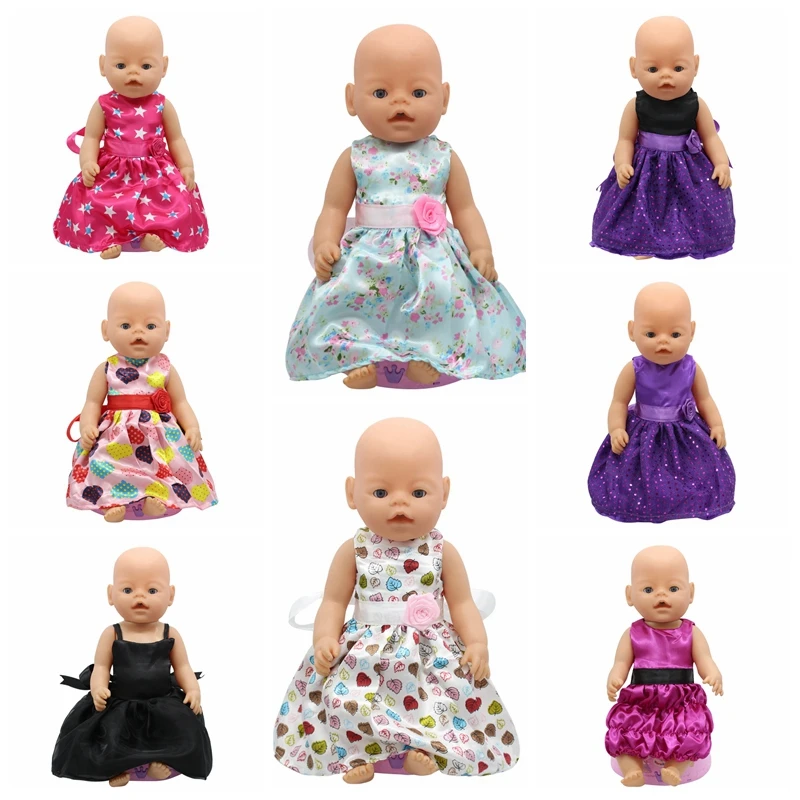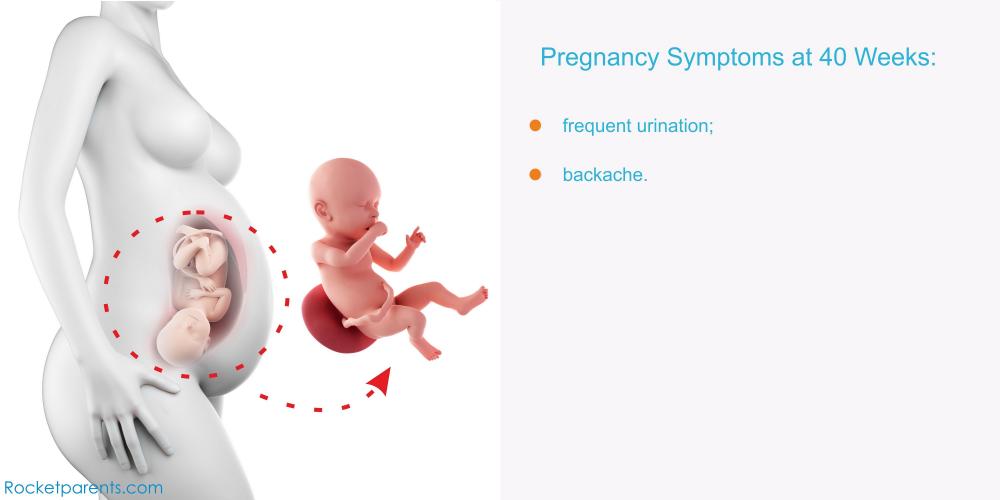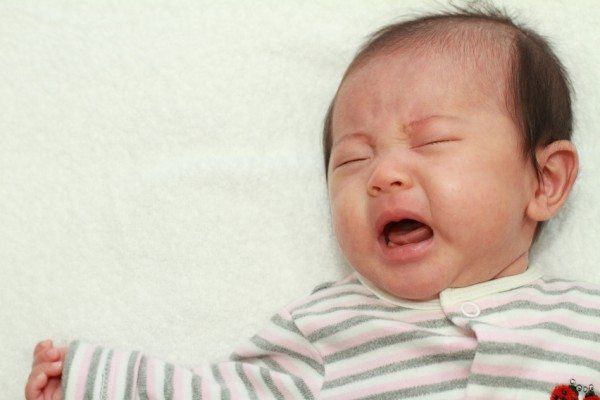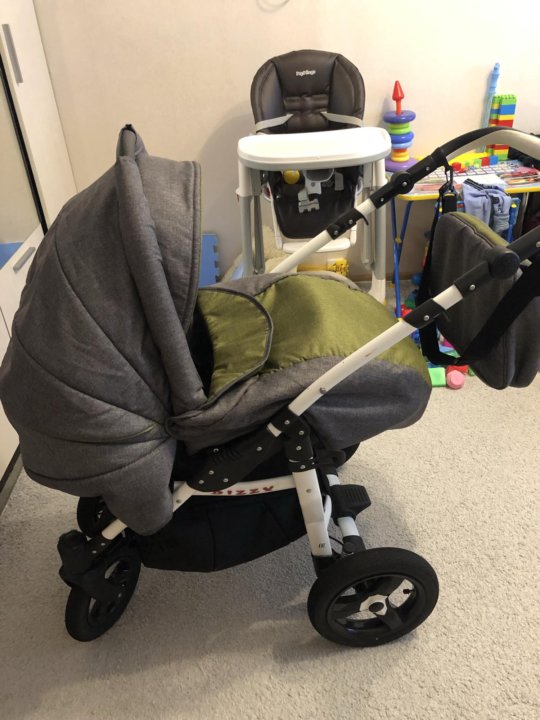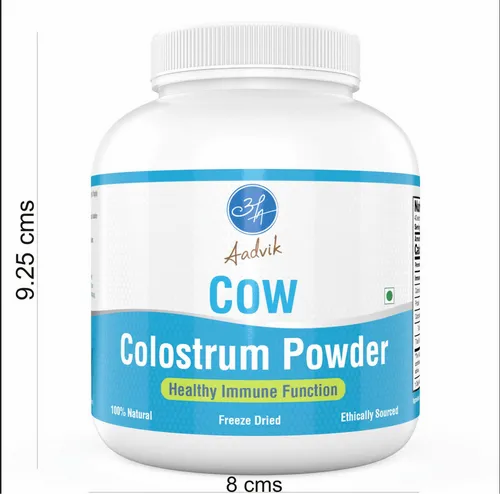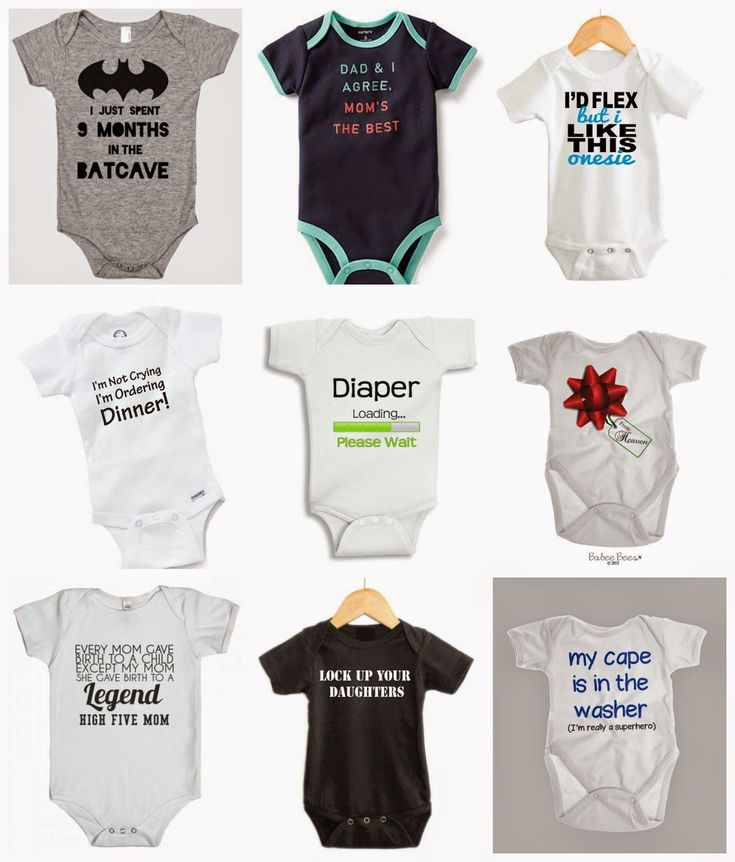Effect of coffee during pregnancy
Moderate daily caffeine intake during pregnancy may lead to smaller birth size
You are here
Home » News & Events » News Releases
News Release
Thursday, March 25, 2021
Pregnant women who consumed the caffeine equivalent of as little as half a cup of coffee a day on average had slightly smaller babies than pregnant women who did not consume caffeinated beverages, according to a study by researchers at the National Institutes of Health. The researchers found corresponding reductions in size and lean body mass for infants whose mothers consumed below the 200 milligrams of caffeine per day — about two cups of coffee — believed to increase risks to the fetus. Smaller birth size can place infants at higher risk of obesity, heart disease and diabetes later in life.
The researchers were led by Katherine L. Grantz, M.D., M.S., of the Division of Intramural Population Health Research at NIH’s Eunice Kennedy Shriver National Institute of Child Health and Human Development. The study appears in JAMA Network Open.
“Until we learn more, our results suggest it might be prudent to limit or forego caffeine-containing beverages during pregnancy,” Dr. Grantz said. “It’s also a good idea for women to consult their physicians about caffeine consumption during pregnancy.”
Previous studies have linked high caffeine consumption (more than 200 milligrams of caffeine per day) during pregnancy to infants being small for their gestational age (stage of pregnancy) or at risk for intrauterine growth restriction—being in the lowest 10th percentile for infants of the same gestational age. However, studies on moderate daily caffeine consumption (200 milligrams or less) during pregnancy have produced mixed results. Some have found similar elevated risks for low birth weight and other poor birth outcomes, while others have found no such links. The current study authors noted that many of the earlier studies did not account for other factors that could influence infant birth size, such as variation in caffeine content of different beverages and maternal smoking during pregnancy.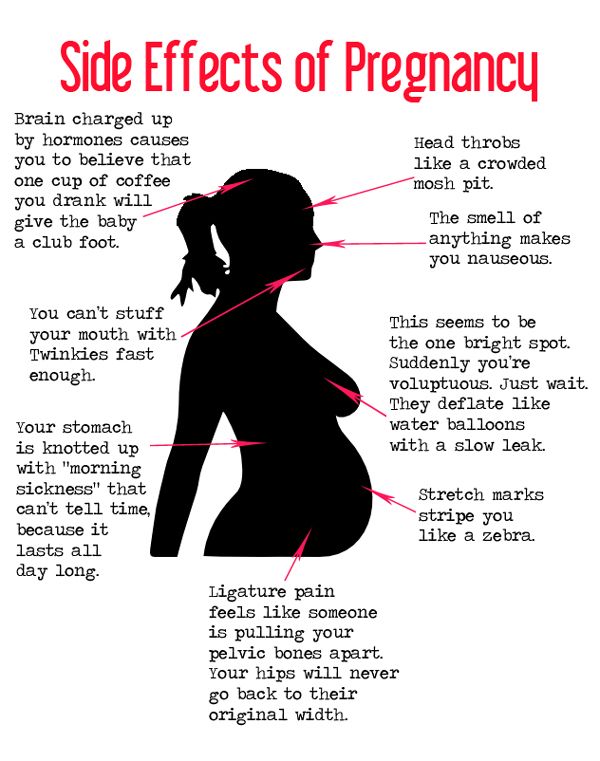
For their study, the authors analyzed data on more than 2,000 racially and ethnically diverse women at 12 clinical sites who were enrolled from 8 to 13 weeks of pregnancy. The women were non-smokers and did not have any health problems before pregnancy. From weeks 10 to 13 of pregnancy, the women provided a blood sample that was later analyzed for caffeine and paraxanthine, a compound produced when caffeine is broken down in the body. The women also reported their daily consumption of caffeinated beverages (coffee, tea, soda and energy drinks) for the past week—once when they enrolled and periodically throughout their pregnancies.
Compared to infants born to women with no or minimal blood levels of caffeine, infants born to women who had the highest blood levels of caffeine at enrollment were an average of 84 grams lighter at birth (about 3 ounces), were .44 centimeters shorter (about .17 inches), and had head circumferences .28 centimeters smaller (about .11 inches).
Based on the women’s own estimates of the beverages they drank, women who consumed about 50 milligrams of caffeine a day (equivalent to a half cup of coffee) had infants 66 grams (about 2.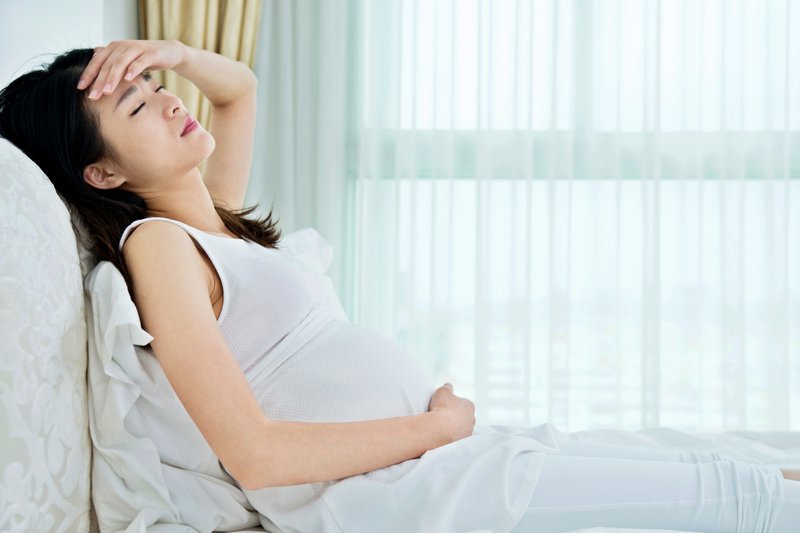 3 ounces) lighter than infants born to non-caffeine consumers. Similarly, infants born to the caffeine consumers also had thigh circumferences .32 centimeters smaller (about .13 inches).
3 ounces) lighter than infants born to non-caffeine consumers. Similarly, infants born to the caffeine consumers also had thigh circumferences .32 centimeters smaller (about .13 inches).
The researchers noted that caffeine is believed to cause blood vessels in the uterus and placenta to constrict, which could reduce the blood supply to the fetus and inhibit growth. Similarly, researchers believe caffeine could potentially disrupt fetal stress hormones, putting infants at risk for rapid weight gain after birth and for later life obesity, heart disease and diabetes.
The authors concluded that their findings suggest that even moderate caffeine consumption may be associated with decreased growth of the fetus.
About the Eunice Kennedy Shriver National Institute of Child Health and Human Development (NICHD): NICHD leads research and training to understand human development, improve reproductive health, enhance the lives of children and adolescents, and optimize abilities for all.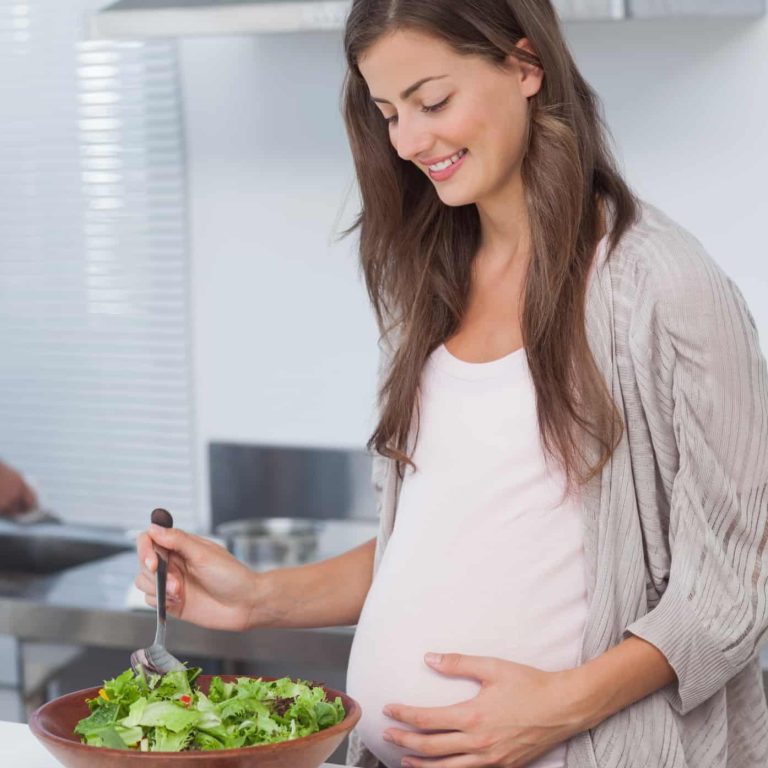 For more information, visit https://www.nichd.nih.gov.
For more information, visit https://www.nichd.nih.gov.
About the National Institutes of Health (NIH): NIH, the nation's medical research agency, includes 27 Institutes and Centers and is a component of the U.S. Department of Health and Human Services. NIH is the primary federal agency conducting and supporting basic, clinical, and translational medical research, and is investigating the causes, treatments, and cures for both common and rare diseases. For more information about NIH and its programs, visit www.nih.gov.
NIH…Turning Discovery Into Health®
References
Gleason, JL et al. Maternal caffeine consumption and metabolism and neonatal anthropometry in the NICHD Fetal Growth Studies. JAMA Network Open. 2021. doi:10.1001/jamanetworkopen.2021.3238
###
Connect with Us
- Contact Us
- YouTube
- Flickr
Caffeine in pregnancy
Topics
In This Topic
KEY POINTS
We don’t know a lot about the effects of caffeine during pregnancy on you and your baby. So it’s best to limit the amount you get each day.
If you’re pregnant, limit caffeine to 200 milligrams each day. This is about the amount in 1½ 8-ounce cups of coffee or one 12-ounce cup of coffee.
If you’re breastfeeding, limit caffeine to no more than two cups of coffee a day.
Caffeine is a drug found in things like coffee, tea, soda, chocolate and some energy drinks and medicines. It’s a stimulant, which means it can keep you awake.
How does caffeine affect you and your baby during pregnancy?
Caffeine slightly increases your blood pressure and heart rate and the amount of urine your body makes.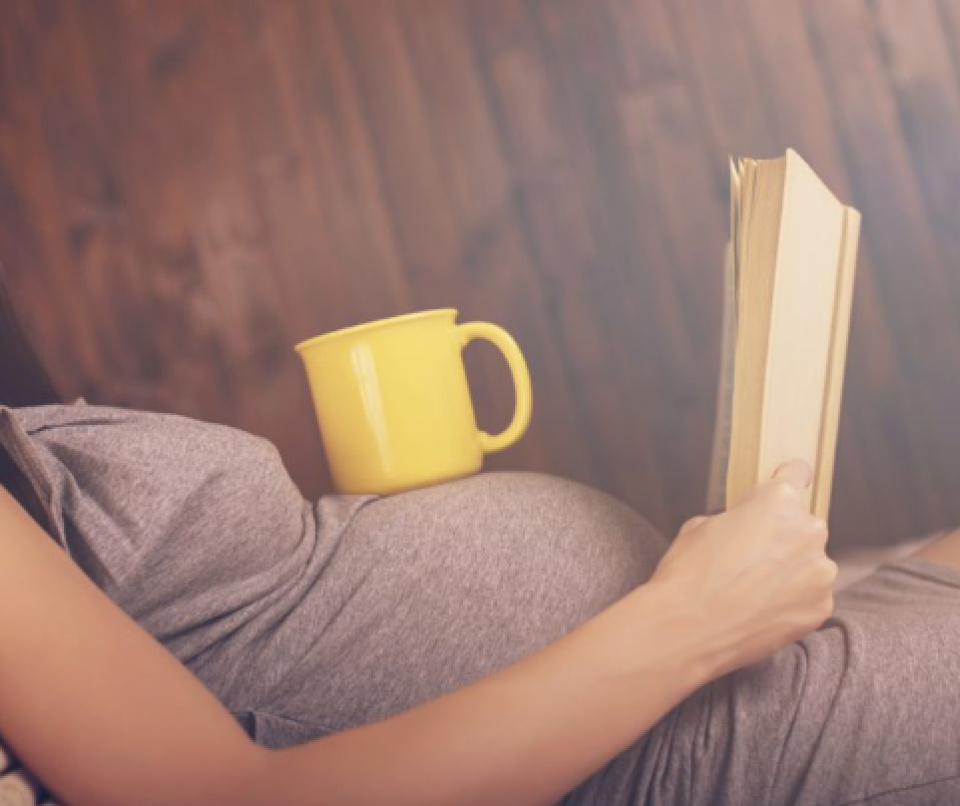 Caffeine may cause you to feel jittery, have indigestion or have trouble sleeping. During pregnancy, you may be especially sensitive to caffeine because it may take you longer to clear it from your body than if you weren’t pregnant. It may also make you feel nauseous or lightheaded.
Caffeine may cause you to feel jittery, have indigestion or have trouble sleeping. During pregnancy, you may be especially sensitive to caffeine because it may take you longer to clear it from your body than if you weren’t pregnant. It may also make you feel nauseous or lightheaded.
When you have caffeine during pregnancy, it passes through the placenta to your baby. The placenta grows in your uterus (womb) and supplies the baby with food and oxygen through the umbilical cord.
You may have heard that too much caffeine can cause miscarriage (when a baby dies in the womb before 20 weeks of pregnancy), preterm birth (birth that happens before 37 weeks of pregnancy is completed) or low birth weight (when your baby is born weighing less than 5 pounds, 8 ounces). Some studies say this is true, and others don’t.
Until we know more about how caffeine can affect pregnancy, it’s best to limit the amount you get to 200 milligrams each day. This is about the amount in 1½ 8-ounce cups of coffee or one 12-ounce cup of coffee.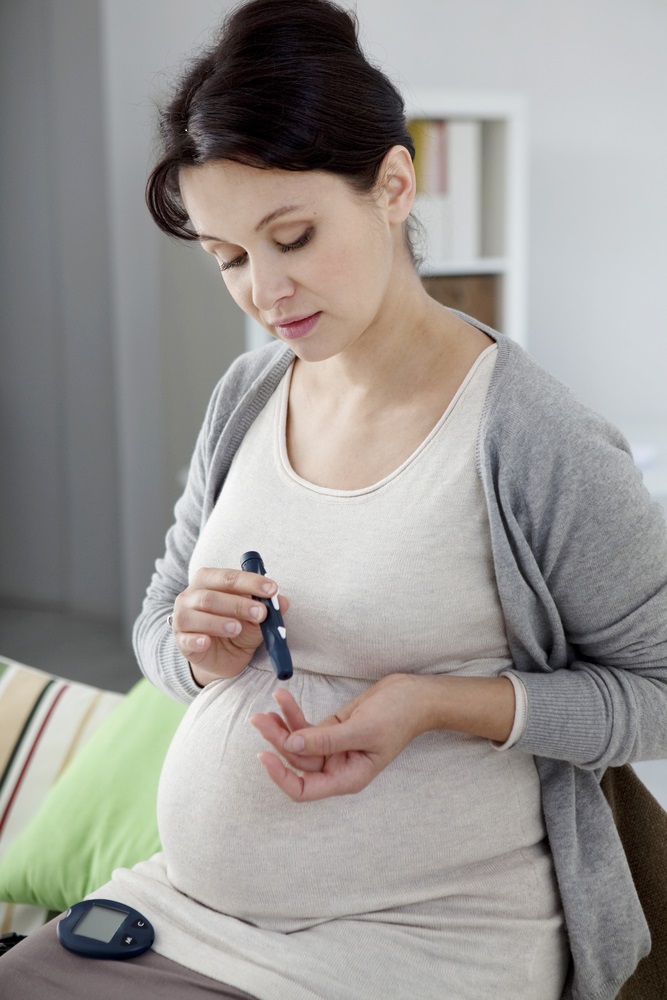 Be sure to check the size of your cup to know how much caffeine you’re getting.
Be sure to check the size of your cup to know how much caffeine you’re getting.
What foods and drinks contain caffeine?
Caffeine is found in:
- Coffee and coffee-flavored products, like yogurt and ice cream
- Tea
- Some soft drinks
- Energy drinks
- Chocolate and chocolate products, like chocolate syrup and hot cocoa
- Some medicines
The amount of caffeine in foods and drinks varies a lot. For coffee and tea, the amount of caffeine depends on:
- The brand
- How it’s prepared
- The type of beans or leaves used
- The way it’s served (for example, as espresso or latte)
- The size of the cup. Not all coffee cups are the same size, even though you think of them as a cup. Check to see how many ounces your cup has, especially if you’re buying a cup of coffee or tea. If you’re making coffee or tea at home, measure to check the size of the cup.
Some energy drinks contain large amounts of caffeine. For example, a 24-ounce energy drink may have up to 500 milligrams of caffeine. Energy drinks may have a lot of sugar, too, and they may contain ingredients that may be harmful to your baby during pregnancy. Because we don’t know a lot about all the ingredients in energy drinks, it’s best not to have them when you’re pregnant.
For example, a 24-ounce energy drink may have up to 500 milligrams of caffeine. Energy drinks may have a lot of sugar, too, and they may contain ingredients that may be harmful to your baby during pregnancy. Because we don’t know a lot about all the ingredients in energy drinks, it’s best not to have them when you’re pregnant.
The amount of caffeine you get from food and drinks throughout the day adds up. So if you have a cup of coffee in the morning, you may want to limit or give up having other food and drinks during the day that have caffeine.
The list below shows the amount of caffeine in common food and drinks. The caffeine amounts are averages, so they may change depending on the brand or how the food or drink is made. Check the package label on food and drinks to know how much caffeine they contain.
What medicines contain caffeine?
Some medicines used for pain relief, migraine headaches, colds and to help keep you awake contain caffeine. The Food and Drug Administration (also called FDA) requires that labels on medicine list the amount of caffeine in the medicine.
If you’re pregnant, talk to your health care provider before taking any medicine that contains caffeine. This includes prescription and over-the-counter medicine. A prescription is an order for medicine given by a health care provider. You can buy over-the-counter medicine, like pain relievers and cold medicine, without a prescription.
Some herbal products contain caffeine. These include guarana, yerba mate, kola nut and green tea extract. Herbal products are made from herbs, which are plants that are used in cooking and for medicine. The FDA does not require that herbal products have a label saying how much caffeine they contain. If you’re pregnant, don’t use herbal products because we don’t know how much caffeine they contain.
Is caffeine safe during breastfeeding?
The American Academy of Pediatrics (AAP) says it’s safe for breastfeeding moms to have caffeine. A small amount of caffeine does get into breast milk, so limit caffeine if you’re breastfeeding.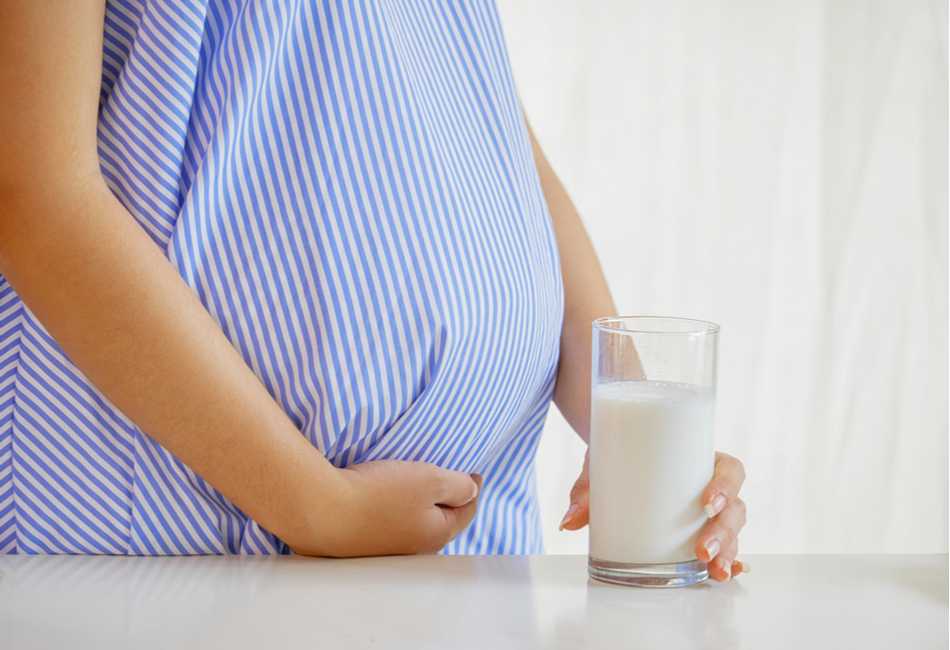 Breastfed babies of women who drink more than 2 to 3 cups of coffee a day may become fussy or have trouble sleeping. You may want to drink less caffeine if your baby was born preterm or newborn because she may digest caffeine more slowly.
Breastfed babies of women who drink more than 2 to 3 cups of coffee a day may become fussy or have trouble sleeping. You may want to drink less caffeine if your baby was born preterm or newborn because she may digest caffeine more slowly.
Last reviewed: April 2020
') document.write('
Nutrition, weight & fitness
') document.write('') }
') document.write('') }
Effects of restricted maternal caffeine intake on pregnancy, fetal and newborn outcomes
Caffeine is a stimulant found in tea, coffee, cola, chocolate and some over-the-counter drugs. Conflicting literature has made it difficult for health professionals to advise pregnant women on whether caffeine intake should be avoided during pregnancy. The clearance of caffeine from the mother's blood (clearance of caffeine from the blood) is slowed down during pregnancy.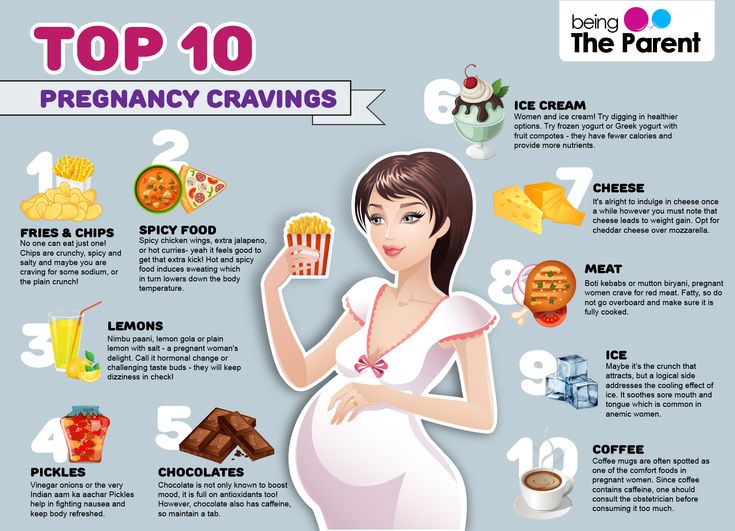 Some authors of observational studies have concluded that caffeine intake is harmful to the fetus, causing growth restriction, low birth weight, preterm labor, or stillbirth. The newborn may also experience withdrawal symptoms if the mother consumes large amounts of caffeine during pregnancy (more than eight cups of coffee per day).
Some authors of observational studies have concluded that caffeine intake is harmful to the fetus, causing growth restriction, low birth weight, preterm labor, or stillbirth. The newborn may also experience withdrawal symptoms if the mother consumes large amounts of caffeine during pregnancy (more than eight cups of coffee per day).
Two studies met the inclusion criteria, but only one contributed data to the outcomes of interest for the review. The study was conducted in Denmark. Women less than 20 weeks pregnant were randomized to either caffeinated instant coffee (568 women after elimination) or decaffeinated instant coffee (629 women). Three cups of coffee per day in early pregnancy had no effect on birth weight, preterm birth, or growth restriction.
Both included studies were randomized controlled trials. In one study, pregnant women were randomly assigned to caffeinated or non-caffeinated groups. In another clinical trial, it was not clear if the allocation to study groups was blinded [hidden].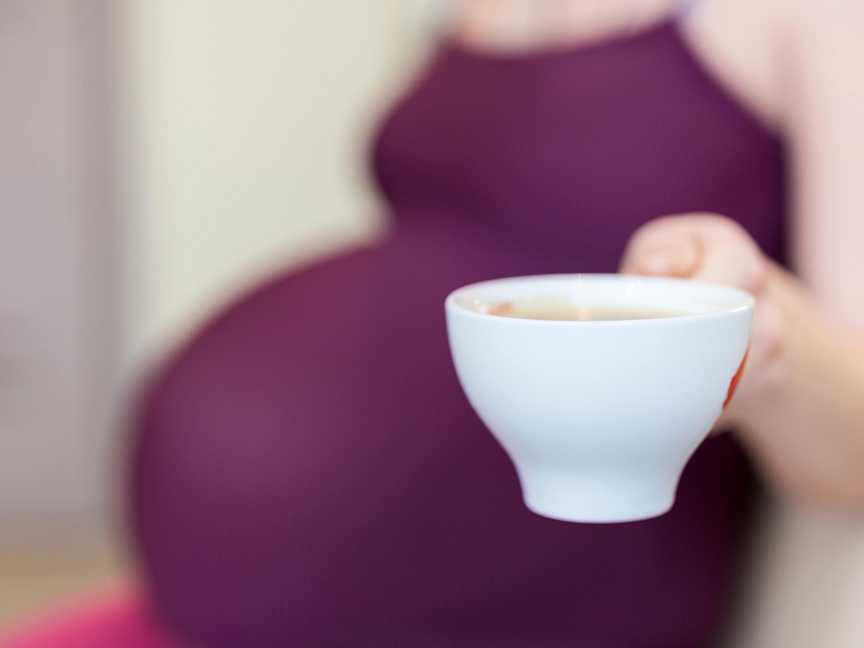 The blinding of study staff and participants was satisfactory in both studies, while blinding of investigators evaluating outcomes was not clearly stated. One study also unclearly explained the presence of attrition bias (dropouts, loss of patients from follow-up). Results from one trial that provided data for analysis showed no evidence of an effect of caffeine withdrawal on outcomes such as birth weight, preterm birth, and small-for-gestational age [gestational age].
The blinding of study staff and participants was satisfactory in both studies, while blinding of investigators evaluating outcomes was not clearly stated. One study also unclearly explained the presence of attrition bias (dropouts, loss of patients from follow-up). Results from one trial that provided data for analysis showed no evidence of an effect of caffeine withdrawal on outcomes such as birth weight, preterm birth, and small-for-gestational age [gestational age].
Two outcomes were assessed and assigned a quality rating using the GRADE methodology. The quality of the evidence for these two outcomes, namely birth weight and preterm birth rate, was rated as low, with downward decisions due in part to the relatively small sample sizes and wide confidence intervals of the single included trial that contributed data to this review.
There is insufficient evidence to confirm or refute the effectiveness of avoiding caffeine intake on birth weight and other pregnancy outcomes.
Translation notes:
Translation: Yudina Ekaterina Viktorovna. Editing: Ziganshina Lilia Evgenievna. Russian translation project coordination: Kazan Federal University - an affiliated center in Tatarstan of the Northern Cochrane Center. For questions related to this translation, please contact us at: [email protected]
Coffee during pregnancy: a complete guide to all the do's and don'ts
When a woman sees "two lines" on her test, her life begins to change that same day. In this life, there are more good habits (timely sleep, proper nutrition, moderate exercise) and less bad habits (alcohol, smoking, sedentary lifestyle, unhealthy food). Coffee as a potentially dangerous product, around which there is a lot of controversy, often falls under the barrier of prohibitions.
Even without any pregnancy, coffee often raises a number of questions and concerns in people, so the debate around this drink is quite understandable and justified. But our task is to separate myth from reality and figure out when restrictions make sense and when they are a pointless obstacle to a fulfilling joyful lifestyle.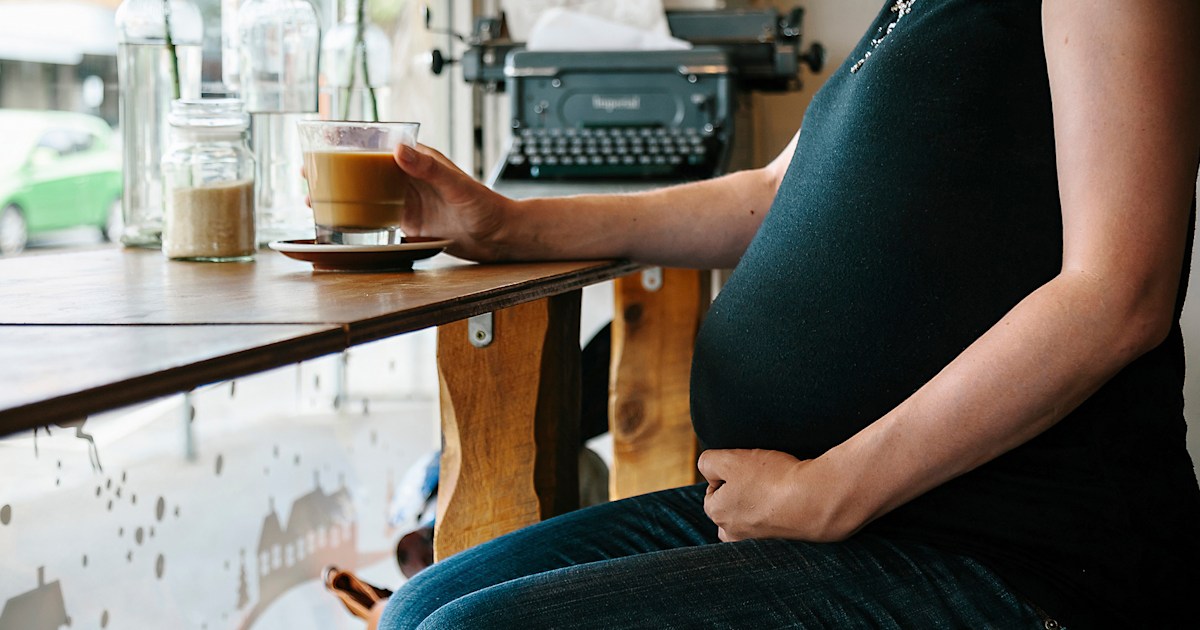
How does coffee affect the body of a pregnant woman?
Before talking about some special effect of coffee on a pregnant woman, let's refresh our memory of what actually happens to us when we drink coffee:
- After caffeine enters the blood, dopamine is released, which, as we remember, is responsible for a good mood. This hormone of joy very willingly “jumps out” in response to a shot of espresso or cappuccino and makes us feel good.
- Under the influence of dopamine, it is easier for us to play sports, we become more enduring and notice less pain in the muscles. It also improves overall performance.
- If there is too much caffeine (read - dopamine), the suppression of serotonin production begins. This leads to increased anxiety and can provoke depression.
- In parallel, under the influence of caffeine, adrenaline is released, another hormone that is responsible for our good mood and cheerfulness.
- Increased concentration.
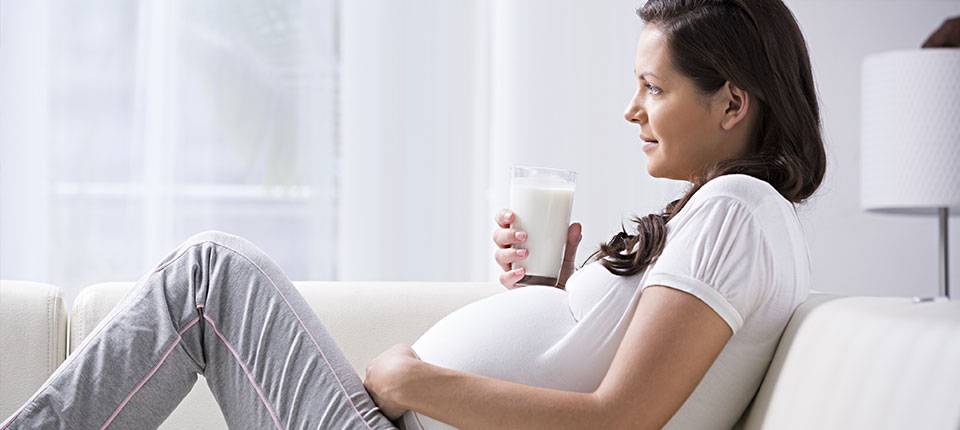
- In most cases, coffee stimulates our heart to beat faster. The rhythm of the heartbeat accelerates and at the same time the pressure rises.
- The theophylline contained in coffee acts on the intercostal muscles and muscles of the diaphragm, as a result of which our breathing becomes more relaxed and easy.
- The excretory systems (diuretic and intestines) are stimulated – under the influence of caffeine, we feel the desire to visit the restroom faster.
- Caffeine also stimulates the nervous system. The peak of this action occurs in the first hour or two after drinking coffee, then for an average of 3-4 hours the breakdown of caffeine in the blood occurs, at which time many people have difficulty falling asleep.
What changes when a pregnant woman drinks coffee? In addition to the above phenomena, the following important parameters should be additionally indicated:
- slows down the process of removing caffeine from a woman's body;
- increased fetal heart rate;
- increased fetal activity;
- Excessive use creates possible risks for the child.
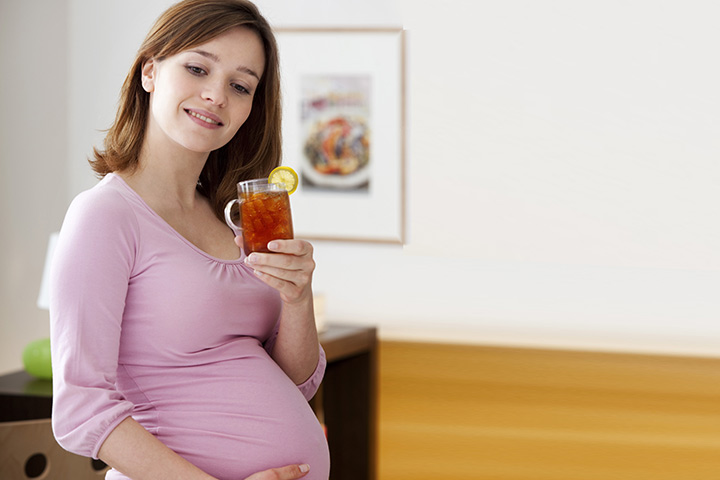
It is the last item on this list that is cause for concern and doubt about the admissibility of coffee in the diet of a pregnant woman. Below we describe in detail what these risks are and in what cases concerns can be justified.
Can pregnant women drink coffee?
Let's start with a high-profile peer-reviewed study published in the BMJ Evidence-Based Medicine. Professor Jack James from Reykjavik University in Iceland conducted a series of studies in 2020 and concluded that there is no safe level of caffeine intake for pregnant women: even the smallest amount can negatively affect the development of the fetus. However, Mr. James' colleagues from other countries categorically disagree with him. The National Health Service, the European Food Safety Authority, and the American and British Colleges of Obstetricians and Gynecologists recommend limit but not eliminate caffeine intake during pregnancy . The research paper was deemed "too panicky" and inconsistent with the accepted evidence.
“There are so many do's and don'ts associated with pregnancy, and the last thing we want to do is cause unnecessary worry. After all, women need to be sure that caffeine can be consumed in moderation during pregnancy,” says Dr. Luc Grzeskowiak, a pharmacist at the University of Adelaide in Australia.
Most doctors around the world agree that drinking up to 200 mg of caffeine per day (1-2 cups of coffee) is a perfectly acceptable limit that will not harm either mother or child.
When thinking about the amount of caffeine consumed per day, it is very important to remember that it is added not only from your cups of cappuccino, but also from other products (energy drinks, tea, cola, chocolate, cocoa).
The World Health Organization confirms that excess caffeine consumption may be associated with problems (fetal growth restriction, low birth weight, preterm birth or stillbirth).
Is coffee allowed in early pregnancy (first trimester)?
The first trimester is the time when the foundation of the future life is laid, the most exciting and unpredictable.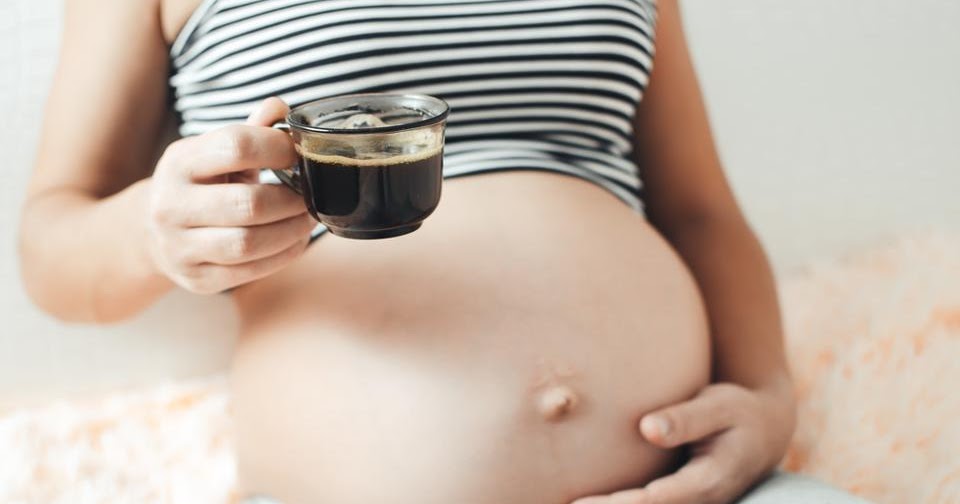 It is during this period that most miscarriages occur. And if we talk about coffee, then, according to studies, such miscarriages in the early stages are indeed more common in women who drink this drink often and a lot. However no one can say for sure whether high caffeine intake is a threat to the fetus or whether constant coffee consumption is a marker of a failed pregnancy (increased aversion to coffee, along with nausea and vomiting, is a feature of a healthy pregnancy).
It is during this period that most miscarriages occur. And if we talk about coffee, then, according to studies, such miscarriages in the early stages are indeed more common in women who drink this drink often and a lot. However no one can say for sure whether high caffeine intake is a threat to the fetus or whether constant coffee consumption is a marker of a failed pregnancy (increased aversion to coffee, along with nausea and vomiting, is a feature of a healthy pregnancy).
Thus, we conclude that for a healthy woman with a healthy pregnancy, moderate coffee consumption is quite acceptable .
Can I drink coffee during the second trimester?
The second trimester is the quietest time for a future mother: by this moment the most dangerous milestones have been passed and there is no need to be afraid for the child's viability. Often it is during this period that all those strange and unexpected taste preferences of pregnant women fall, and coffee often becomes such an object of desire. If you do not have strict medical contraindications, you can continue to drink your favorite drink without any worries. The main thing is not to get carried away (remember about 200 mg of caffeine per day). To be completely calm, dilute coffee with milk. To minimize the risks, doctors recommend drinking your coffee in the morning.
If you do not have strict medical contraindications, you can continue to drink your favorite drink without any worries. The main thing is not to get carried away (remember about 200 mg of caffeine per day). To be completely calm, dilute coffee with milk. To minimize the risks, doctors recommend drinking your coffee in the morning.
Is coffee allowed in late pregnancy (3rd trimester)?
The last trimester again increases the risk that the baby will leave the mother's body earlier than necessary, so if you are not sure about your health and the health of the fetus, it is better to reduce coffee consumption to a minimum at this time. Many studies indicate that in the third trimester of pregnancy, coffee had a negative effect on the condition of the child (premature birth, miscarriage). On the other hand, scientists tend to assume that mothers who drink a lot of coffee in late pregnancy also allow themselves other questionable products (alcohol, tobacco), and this greatly distorts the picture of research.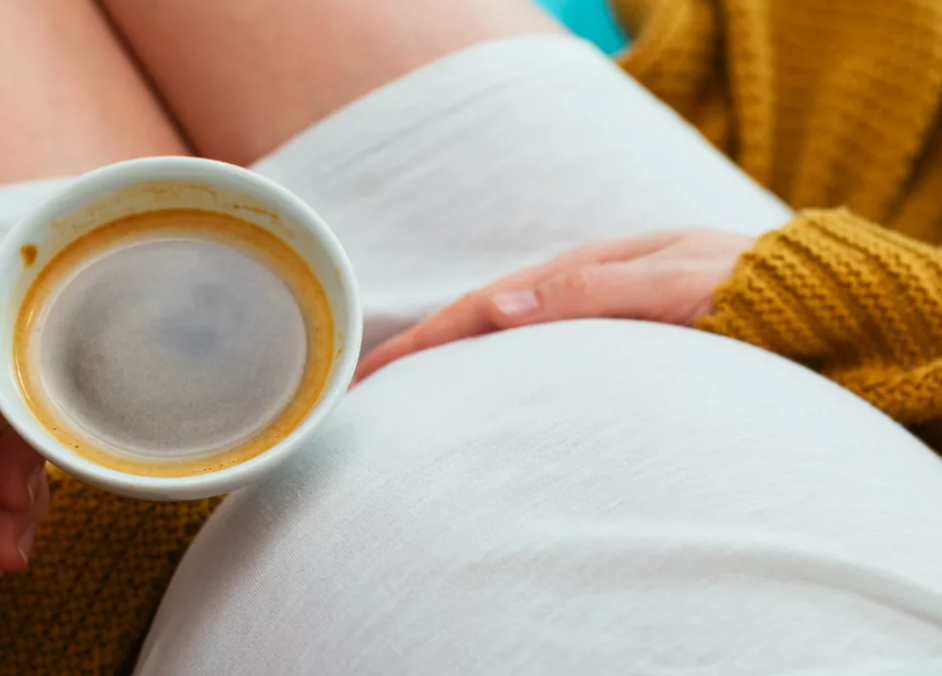
Benefits and harms of coffee for pregnant women
As we have already found out, many studies have shown that it is unwise to drink coffee (or in general any caffeinated drink) during pregnancy in large quantities. Unfortunately, the publication of this information at one time gave rise to a lot of rewritten materials in which it was no longer possible to trace the connection with the original and see the important mention of the amount of caffeine. Meanwhile, in the case of coffee and pregnancy, the most important thing is not to overdo it (as, indeed, in many other areas of our lives).
Benefits of coffee during pregnancy
Coffee has many pleasant and beneficial effects that do not disappear when a pregnant woman drinks it. So, for example, coffee for pregnant women with low blood pressure might be a good idea. Thanks to the effect of caffeine, the pressure rises and the well-being of the expectant mother improves.
Coffee with milk will also benefit pregnant women: it is a good source of calcium, which is so necessary for the harmonious development of the child and maintaining the health of the mother. Latte is an ideal coffee drink during pregnancy: milk takes up more cup volume, which simultaneously reduces the effect of caffeine and replenishes calcium stores.
Latte is an ideal coffee drink during pregnancy: milk takes up more cup volume, which simultaneously reduces the effect of caffeine and replenishes calcium stores.
Coffee is an effective remedy against edema characteristic of pregnant women (diuretic effect).
Do not forget that it is useful for pregnant women to be in a good mood, and coffee certainly helps to lift it.
Harm of coffee during pregnancy
As we remember, there is a version that caffeine consumption during pregnancy can increase the likelihood of infertility, birth defects, miscarriage, stillbirth, premature birth and fetal growth retardation. However, this version is not sufficiently proven.
But we know for sure that coffee will be harmful to pregnant women who are prone to hypertension (high blood pressure) and tachycardia (rapid heartbeat), as well as to those who have a lack of calcium, potassium and phosphorus (caffeine does little to flush out these elements). Also, coffee is contraindicated in women with hypertonicity (additional stimulation with caffeine can really cause a miscarriage).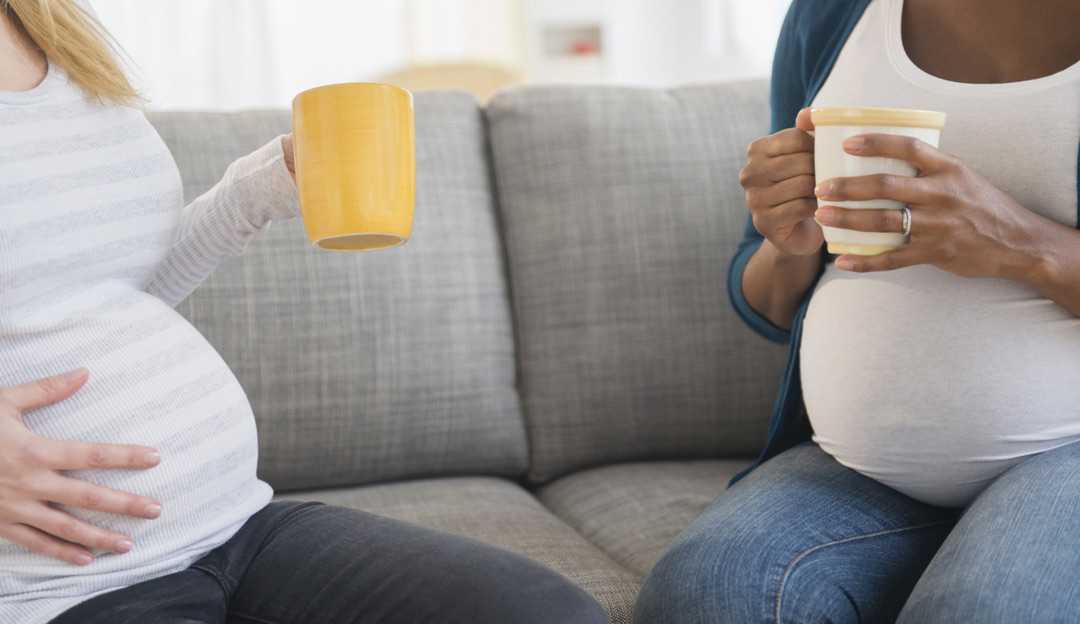
Another unpleasant consequence of taking coffee by pregnant women is additional stimulation of the excretory systems. Not a very pleasant thing, given that a woman in position already wants to go to the toilet more often than usual. However, any drink stimulates our kidneys to work more actively, so this is a controversial argument "against".
Which coffee is safer during pregnancy?
If you are not ready to give up coffee, but want to minimize the possible risks, it is worthwhile to figure out in advance which type of coffee is best for you.
Natural bean coffee
Classic coffee made from beans has the highest caffeine content, especially if the coffee is made in Turkish and the blend includes a high percentage of Robusta (this type of coffee has almost twice as much caffeine as Arabica). It is worth drinking no more than one cup a day, and also pay attention to the content of the blend (the ratio of robusta to arabica).
A standard cup of Americano (70 ml.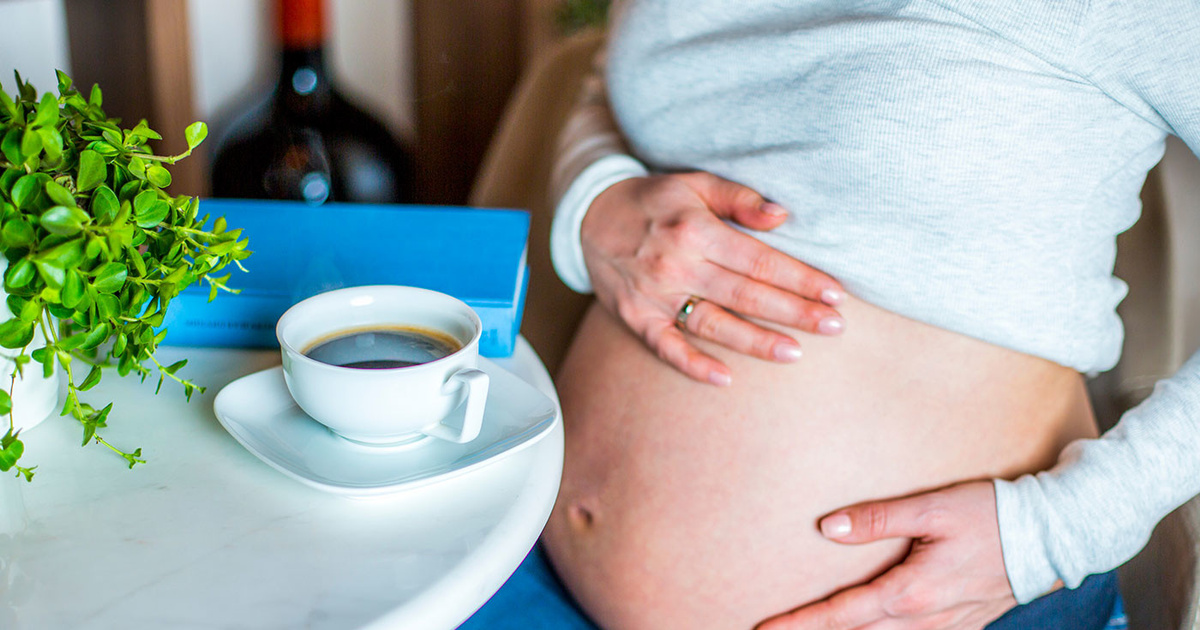 ), Espresso (30 ml.) or Cappuccino (180 ml.) contains about 50-70 mg of caffeine (they use the same amount of coffee - 1 shot).
), Espresso (30 ml.) or Cappuccino (180 ml.) contains about 50-70 mg of caffeine (they use the same amount of coffee - 1 shot).
Instant coffee
Instant coffee contains less caffeine in most cases than coffee beans. Doctors believe that a pregnant woman can afford up to two servings of such a drink. 1 teaspoon (without a slide) of instant coffee contains 30–50 mg of caffeine.
Decaffeinated coffee
Perhaps the safest option is for those who value aroma and ritual more than the effect produced. In decafe, caffeine is removed by 97-99%, which means that any risks are reduced to almost zero. One serving of decaffeinated coffee contains 3 to 6 mg of caffeine.
Alternative to coffee
If for some reason coffee is contraindicated for you (even decaffeinated), but you want to keep your favorite ritual, you can always try to make a replacement and try drinks made from chicory or barley grain. They do not contain caffeine at all.
To summarize
If a pregnant woman and her unborn child have no health problems, it is permissible to drink 1-2 cups of coffee per day with a total caffeine content of no more than 200 mg*.

